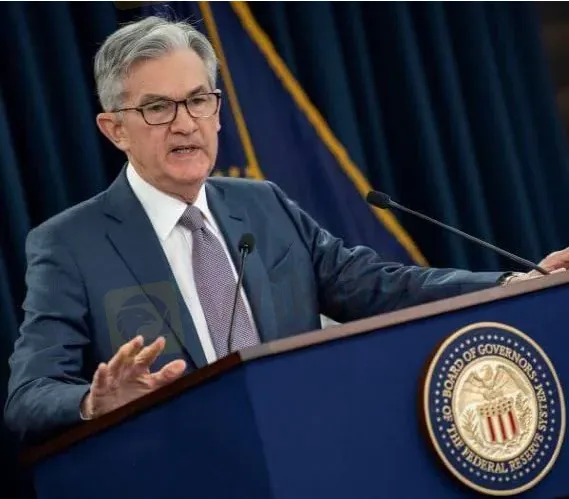简体中文
繁體中文
English
Pусский
日本語
ภาษาไทย
Tiếng Việt
Bahasa Indonesia
Español
हिन्दी
Filippiiniläinen
Français
Deutsch
Português
Türkçe
한국어
العربية
Fed Plans to Raise Rates as Soon as March to Cool Inflation
Abstract:The Federal Reserve signaled Wednesday that it plans to begin raising its benchmark interest rate as soon as March, a key step in reversing its pandemic-era low-rate policies that have fueled hiring and growth but also escalated inflation.

The Federal Reserve signaled Wednesday that it plans to begin raising its benchmark interest rate as soon as March, a key step in reversing its pandemic-era low-rate policies that have fueled hiring and growth but also escalated inflation.
With high inflation squeezing consumers and businesses and unemployment falling steadily, the Fed also said it would phase out its monthly bond purchases, which have been intended to lower longer-term rates, in March.
The Fed‘s actions are sure to make a wide range of borrowing — from mortgages and credit cards to auto loans and corporate credit — costlier over time. Those higher borrowing costs, in turn, could slow consumer spending and hiring. The gravest risk is that the Fed’s abandonment of low rates could trigger another recession.
The central bank's latest policy statement follows dizzying gyrations in the stock market as investors have been gripped by fear and uncertainty over just how fast and far the Fed will go to reverse its low-rate policies, which have nurtured the economy and the markets for years. The broad S&P 500 index fell nearly 10% this month before rebounding slightly Wednesday.
For more blockchain news, please download WikiBit - the Global Blockchain Regulatory Inquiry APP.

Disclaimer:
The views in this article only represent the author's personal views, and do not constitute investment advice on this platform. This platform does not guarantee the accuracy, completeness and timeliness of the information in the article, and will not be liable for any loss caused by the use of or reliance on the information in the article.
Read more

Oil Prices at $90 to $100 Could Push Philippines Inflation Beyond Target
Rising oil prices at $90 to $100 per barrel may push Philippines inflation above the 2-4% target in 2025-2026, impacting food, transport, and electricity costs.

What’s Driving Malaysia’s Inflation in 2025?
Inflation in Malaysia is projected to rise to as much as 2.8% in 2025, driven by domestic policy adjustments, wage increases, and external market fluctuations.

This Economic Indicator Sparks Speculation of a Japan Rate Hike!
The latest data shows that Japan’s base wages in November rose by 2.7% year-on-year, marking the largest increase in 32 years, fueling speculation about a potential BOJ rate hike, but Governor Kazuo Ueda’s dovish remarks in December have shifted market expectations toward a potential delay in policy adjustments.

Rising U.S. Corporate Bankruptcies Deepen Economic Concerns
In 2024, 686 U.S. companies filed for bankruptcy, marking the highest number since 2010.
WikiFX Broker
Latest News
EBSWARE Prop Launches Forex Trading Tournaments for Brokers
Key Risks and Downsides of Forex Trading Explained
How a Crypto Scam Cost Company Manager RM2.56 Million
Scam Exposed: GlobTFX Deceives Another Investor
Musk\s Doge takes aim at US consumer protection agency
The Top 5 Trading Strategies You Can't Miss
EmpiresX Founders Fined $130M for Crypto Investment Fraud
FCA Tightens Financial Promotion Rules, Withdraws Nearly 20,000 Ads in 2024
Understanding the New York Forex Trading Session Time in the Philippines
Judge blocks Musk team access to Treasury Department records
Currency Calculator






